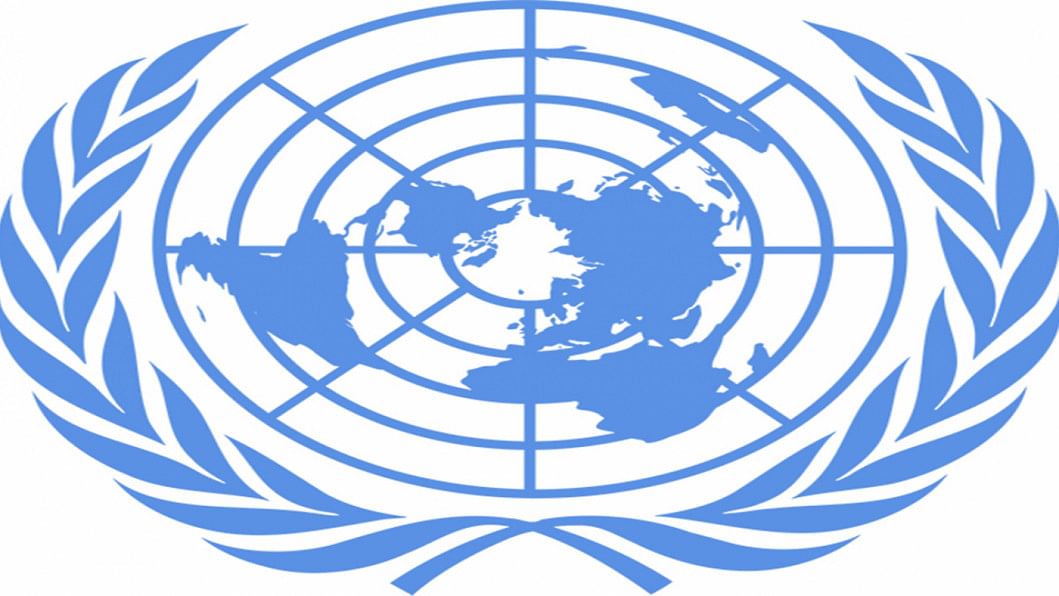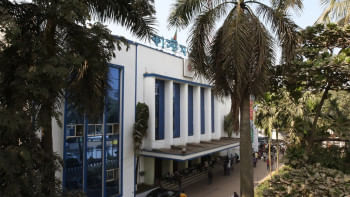Civil society, freedom of speech under attack in Bangladesh: UN

United Nations High Commissioner for Human Rights Zeid Ra'ad Al Hussein has said he was deeply concerned at “measures that restrict freedom of expression and democratic space” in numerous countries including Bangladesh.
“Civil society and freedom of speech is also under attack, not only by extremists but also due to heavy-handed official responses,” he said in the Bangladesh part of his opening statement while presenting the High Commissioner’s annual report in Geneva today.
The UN rights body chief joined the UN Secretary-General in appealing to all political leaders to de-escalate the violence, find paths of political dialogue and ensure respect for human rights.
“In Bangladesh, the appalling attack on a freethinking blogger and his wife last week is the latest shock in an escalating atmosphere of political violence,” he said.
Al Hussein pointed out that at least 80 people have been killed, including several children, “in arson attacks and clashes between political parties and security forces”.
The high commissioner said he was deeply concerned at measures that restrict freedom of expression and democratic space in numerous countries including Bangladesh, Armenia, Azerbaijan, Burundi, the Democratic Republic of the Congo, Egypt, Hungary, Myanmar, the Occupied Palestinian Territory, the Russian Federation, Saudi Arabia, Tanzania, Thailand, Turkey, Venezuela, and Viet Nam.
He urged States not “to lose their grasp” of the human rights principles underlying their societies in their struggle against violent extremism.
“There is real danger that in their reaction to extremist violence, opinion-leaders and decision-makers will lose their grasp of the deeper principles that underpin the system for global security which States built 70 years ago to ward off the horror of war,” the UN human rights chief said.
“The fight against terror is a struggle to uphold the values of democracy and human rights – not undermine them,” Zeid added.
“Counter-terrorist operations that are non-specific, disproportionate, brutal and inadequately supervised violate the very norms that we seek to defend. They also risk handing the terrorists a propaganda tool – thus making our societies neither free nor safe,” he said.

 For all latest news, follow The Daily Star's Google News channel.
For all latest news, follow The Daily Star's Google News channel. 



Comments